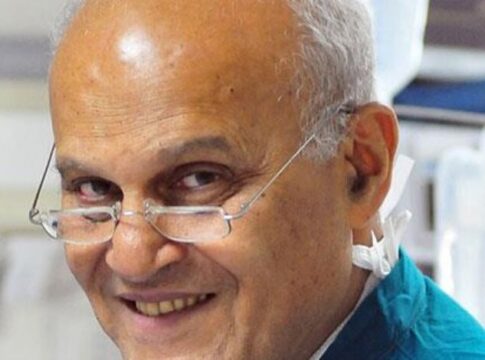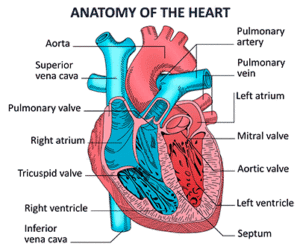In a new development in the field of cardiac medicine, a new type of heart valve that grows naturally within the body is set to revolutionize treatment for heart disease patients. This innovative solution could significantly reduce the need for multiple surgeries and minimize the risk of rejection, offering new hope to thousands worldwide.
Led by the esteemed Professor Sir Magdi Yacoub, a veteran cardiac surgeon renowned for performing the UK’s first heart-lung transplant, this project is pushing the boundaries of medical science. The new heart valves, which are made of a biocompatible fiber scaffold, integrate seamlessly with the patient’s cells. Over time, the scaffold dissolves, leaving a living valve made entirely of the patient’s own tissue.
This advancement addresses a critical challenge in treating congenital heart defects, particularly in children whose bodies outgrow traditional artificial valves. The new living valves grow with the patient, eliminating the need for repeated surgeries.
According to recent statistics, approximately 300,000 heart valve replacements are performed annually worldwide. This number is projected to increase as the population ages. The introduction of living valves could drastically improve these patients’ quality of life.
Dr. Sonya Babu-Narayan, associate medical director at the British Heart Foundation, described this innovation as “the holy grail” of heart surgery. “If further research confirms success in humans, it could extend the lives of many around the globe without repeated interventions,” she remarked in a recent interview.
Research published in *Nature Communications Biology* has shown promising results in sheep, with the newly implanted valves successfully mimicking natural heart structures. In just four weeks post-implantation, over 20 different cell types, including nerve and fatty tissues, were observed in correct anatomical locations.
The upcoming human trials will involve 50-100 patients, including children, and will compare these revolutionary valves with conventional options. The trials will be conducted by an international team of specialists from University College London, Great Ormond Street Hospital, and esteemed medical centers in New York, Italy, and the Netherlands.
Dr. Elizabeth Nguyen, a leading cardiologist at the Mayo Clinic, emphasized the potential global impact of this research. “This could redefine the standard of care for valve replacement surgeries worldwide, significantly improving outcomes for patients with heart valve diseases,” she stated.
As the trials approach, the medical community watches with anticipation. Should these living valves live up to their promise, they could indeed transform the landscape of cardiac care, blending the wonders of biology with cutting-edge medical technology.
An unnamed source within the Heart Biotech team has hinted at collaborations with AI technology firms to enhance the precision and customization of the valve implantation process, potentially setting a new benchmark for personalized medicine in cardiology.
This pioneering approach illustrates the remarkable evolution of medical science, where technology and biology harmoniously converge to offer unprecedented solutions for age-old health challenges.



